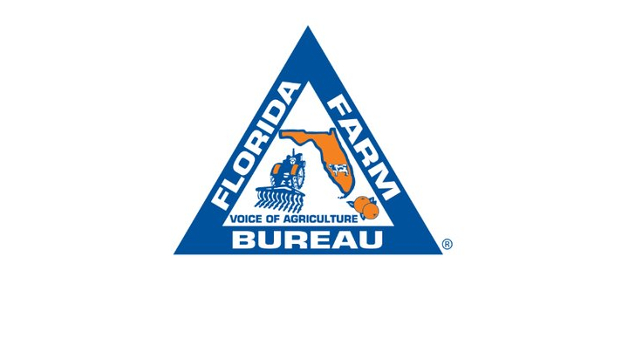By Clint Thompson
The Florida state legislature’s funding for research being conducted at University of Florida Institute of Food and Agricultural Sciences (UF/IFAS) will continue to help specialty crop producers remain sustainable.

The highlight was the $8.7 million devoted to the nutrient application rate for citrus, corn, green beans, tomatoes and potatoes with the intent of adding additional crops.
John Walt Boatright, director of National Affairs at Florida Farm Bureau Federation, discussed the importance of the legislature providing funds that will help the state’s producers remain sustainable during Monday’s Florida Agricultural Policy Outlook Conference.

“So much of the solutions and challenges that farmers are facing in Florida originate from the research that our land-grant universities do. Without a doubt, this was a very successful budget year for the University of Florida/IFAS based on the requests that have come in; $8.7 million on research for nutrient application rates; research on citrus, corn, green beans, tomatoes and potatoes,” Boatright said.
“That initial request was around $2 million. To be able to have the legislature see the value in this type of project, the need for updated research and to quadruple that request was very much welcomed and certainly will be put to good use given the diversity of crops we have in the state.”
There was also $3.6 million designated to the UF/IFAS base budget. He said these are recurring funds needed to address timely research projects, such as labor, trade and resource management.
“All of those factors that IFAS plays a role in helping our producers solve, that was much-needed funding that the legislature saw fit to fund,” Boatright said.
Boatright also highlighted $2.2 million funded for a project that will develop an artificial intelligence tool to quantify ecosystem services delivered by Florida’s agricultural and natural systems.
“At the federal level and at the national level, this is a hot topic. This will be the issue of quantifying ecosystem services, particularly in the context of carbon credit markets. This is something that will be a major theme in the 2023 Farm Bill,” Boatright said. “For the legislature to see the value in this, for IFAS to be forward thinking and looking at the need for this type of research project and utilizing the tools that they have with AI to be able to apply to those specific commodities are going to be very helpful for producers moving forward.
All the proposed legislation now awaits the signature of the governor.










